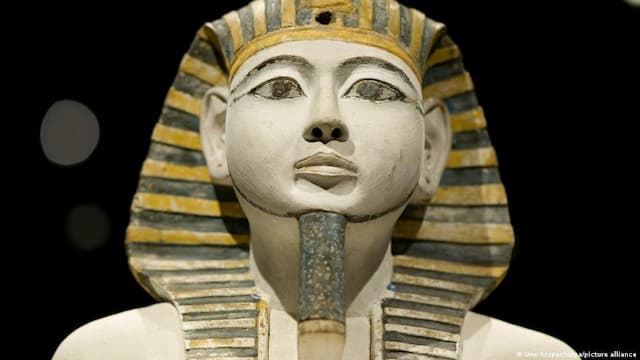When the last man falls (Matthew 26:69-75)
Seeing no alternative, Peter disowned his king. Jesus never gave up on him.

Why did Peter deny Jesus? Was he just sitting at the wrong fire, in a crowd where he didn’t have the gumption to admit he was Jesus’ follower? That isn’t how this story works in Matthew’s Gospel.
Peter was the first to acknowledge Jesus as the Christ, God’s anointed leader (16:16). Jesus blessed him, but realized Peter had no idea of the conflict ahead. Peter’s denial began when he said, No Lord! This will never happen to you! Denying that Jesus would die at the hands of the Jerusalem leaders placed Peter on the enemy’s side (16:21-23). Peter could understand taking up his sword and kill to save his king (26:51-52), but he could not understand taking up his cross to follow the king into death to save his realm (16:24-28).
Once Jesus removed fight from the agenda, flight was the only option his followers could see. That’s why, All the disciples deserted him and fled (26:56).
Peter could make no sense of what was happening, but he couldn’t stay away either. Peter followed him from a distance … to see how it would end (26:58). That’s the reason Peter was there, trying to blend in with Jesus’ antagonists. That was never going to work, of course. A lumbering fisherman sprouting Galilean phrases was as inconspicuous as an Aston Martin in a spy movie.
And the stakes were high. Jesus was being treated as a terrorist (26:55), so Peter would be viewed as a terrorist follower. Would anyone recognize him as the slasher who pulled his sword that night? (26:50)
One servant girl recognized him. A single junior female slave was not much of a threat, the bottom of the pecking order in their culture. She wouldn’t even be regarded as a credible witness. But Peter worries how the mob will react if she draws attention to him. That’s why he makes a brazen public denial before them all: “I have no idea what you’re talking about.” (26:70)
To be safe, Peter moves from that group, towards the gate where he could cut and run (26:71). Then another one saw him and said, Hey, this guy was with Jesus from Nazareth (26:71). Peter swears he’s never heard of him: I do not know the man (26:72).
This is serious. The first to acknowledge Jesus is the first to disown him when it all goes pear-shaped. In rejecting Jesus as a failed messiah, Peter is renouncing his citizenship in his kingdom. That’s how God hears his words (10:32-33).
God always cares how we respond to his Son, even if we’re not calling down curses to ensure we have God’s attention. Under oath, Peter insists for the third time, I do not know the man (26:74).
This dark denial is still reverberating in his ears when Peter hears another sound, a rooster announcing a new day. It triggers a memory. He rehears the voice he loved warning him, This very night, before the rooster crows, you will disown me three times (26:34).
That’s when everything fell apart for Peter. He couldn’t stay to see what happened. He had already distanced himself from Jesus. It was time to walk away, to leave the presence of his Lord.
Stepping outside, Peter broke down emotionally (26:74). His bitter grief felt like the stories Jesus told of people who found no place in the kingdom because they rejected the king: outside, in the dark, where there is nothing but weeping and regret (8:12; 18:42, 50; 22:13; 24:51).
I doubt Peter understood how his denials affected Jesus. The last man standing had fallen, leaving Jesus totally alone. There was no faith left on earth. Striking the Shepherd had decimated the flock. That’s how Jesus understood Peter’s denial (26:31-34).
But this wasn’t the end for Jesus. Between the quote from Zechariah and his prediction of Peter’s failure, Jesus declared a future where he would still lead them: After I have risen, I will go ahead of you into Galilee (26:32). The others fled, and the last one gave up on Jesus, but Jesus never gave up on them. He was giving his life for them.
Divine faithfulness overcomes the darkest moment in the history of faith. This is the heart that saves his world.
Open Matthew 26:69–75.
What others are saying
Here is a trustworthy saying:
If we died with him, we will also live with him;
if we endure, we will also reign with him.
If we disown him, he will also disown us;
if we are faithless, he remains faithful, for he cannot disown himself.
— 2 Timothy 2:11–13 (NIV)
Used with permission of the author, Allen Browne. https://allenbrowne.blog/











